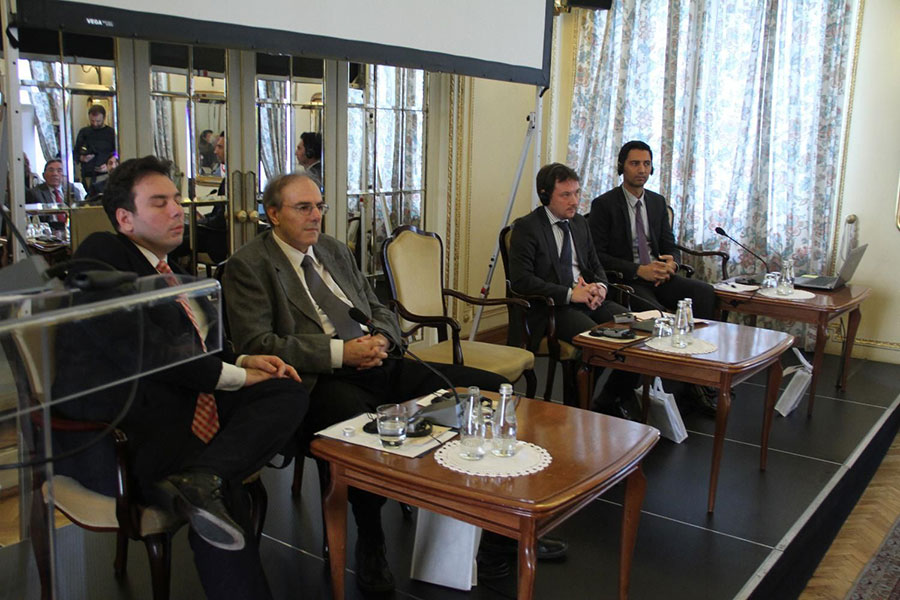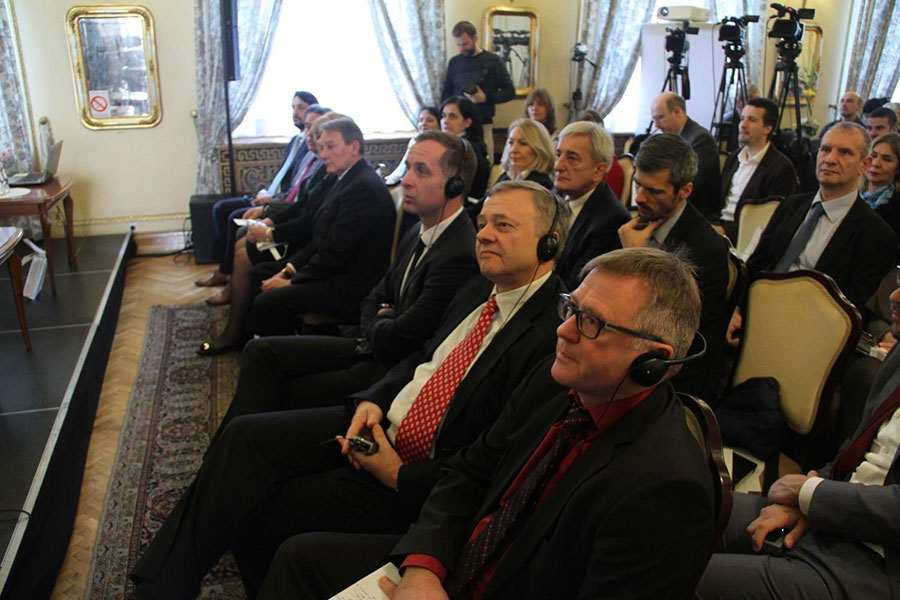The six-year programme implemented by the German Society for International Cooperation (GIZ) aimed at judicial reform in Serbia yielded results despite the challenges still faced by Serbia, said the Head of GIZ Legal and Judicial Reform Programme Akbar Mohabat at the closing event of the Programme.
The six-year Judicial Reform Programme in Serbia has been funded by Germany and the EU with EUR5.3 million and EUR1.8 million, respectively.
At the closing ceremony, Mohabat said that the EC Report stated that Serbia had improved its legislative system, adding that it moved up by 42 places and was now ranked 47th globally, compared to 2011 when it ranked 89th on the World Bank Doing Business Report.
Nicolas Bizel of the EU Delegation said that efficient work of judicial authorities was key precondition to boost citizens’ confidence in judiciary and create stable and predictable business environment.
Bizel also said that “thanks to the support provided by this project, the Ministry embarked in amending the Law on Enforcement and Security, thus moving towards the legislative reform. It is now too premature to evaluate the results displayed by the introduction of this new law, still initial projections from the Supreme Court of Cassation are suggesting that the number of backlog cases will drastically be reduced by the end of this year, thus relieving the burden of cases on the overall courts’ system.”

Within this wider programme, the EU has funded the part related to enforcement of judgements. In fact, judicial protection of enforcement right is crucial, because the citizens not only have the right to a judgement but also the right to its efficient enforcement.
Enabling efficient enforcement of civil claims is a crucial element to ensure a more predictable and stable business environment and, at the same time, ensure citizens’ confidence in judiciary.
As this has been recognized as a cornerstone area, the EU has provided project support of EUR1.8 million to strengthen the system of enforcement of civil claims. The RoLE project was based on three main pillars – improvement of the legal framework, strengthening capacities of the Ministry of Justice, the Chamber of Enforcement Agents and Enforcement Agents and raising awareness about the new system.
German Ambassador Axel Dittmann said that Serbia had opened chapters 23 and 24 – judiciary and fundamental rights – and drafted detailed Action Plans aimed at meeting EU standards in those areas.
He said that Germany supported judicial reform in Serbia, adding that such reform is instrumental to Serbia’s successful EU integration.
Deputy Head of the Serbian European Integration Office Srdjan Majstorovic said that GIZ judiciary reform programme helped to improve the legislative process in Serbia by engaging all stakeholders in the process, including the NGO sector.
State Secretary at the Ministry of Justice Radomir Ilic described the cooperation with GIZ as successful and added that the programme introduced two new professions – public notaries and enforcement agents.
According to Ilic, new judicial professions have been introduced to ensure increased efficiency of the legal system in Serbia and relieve the strain off public authorities. Ilic also said that the GIZ programme helped to increase the accountability and efficiency of public notaries and enforcement agents.




